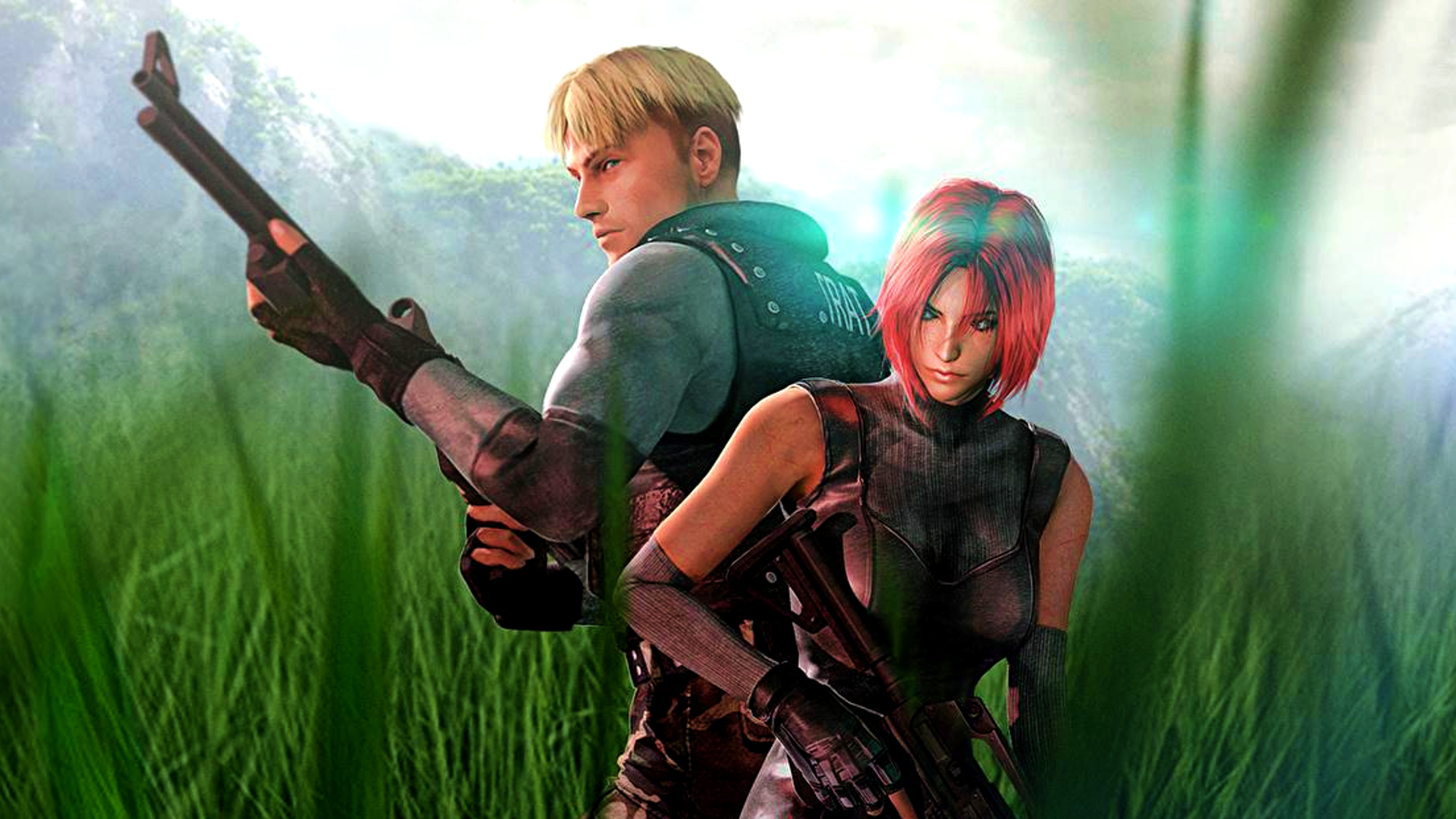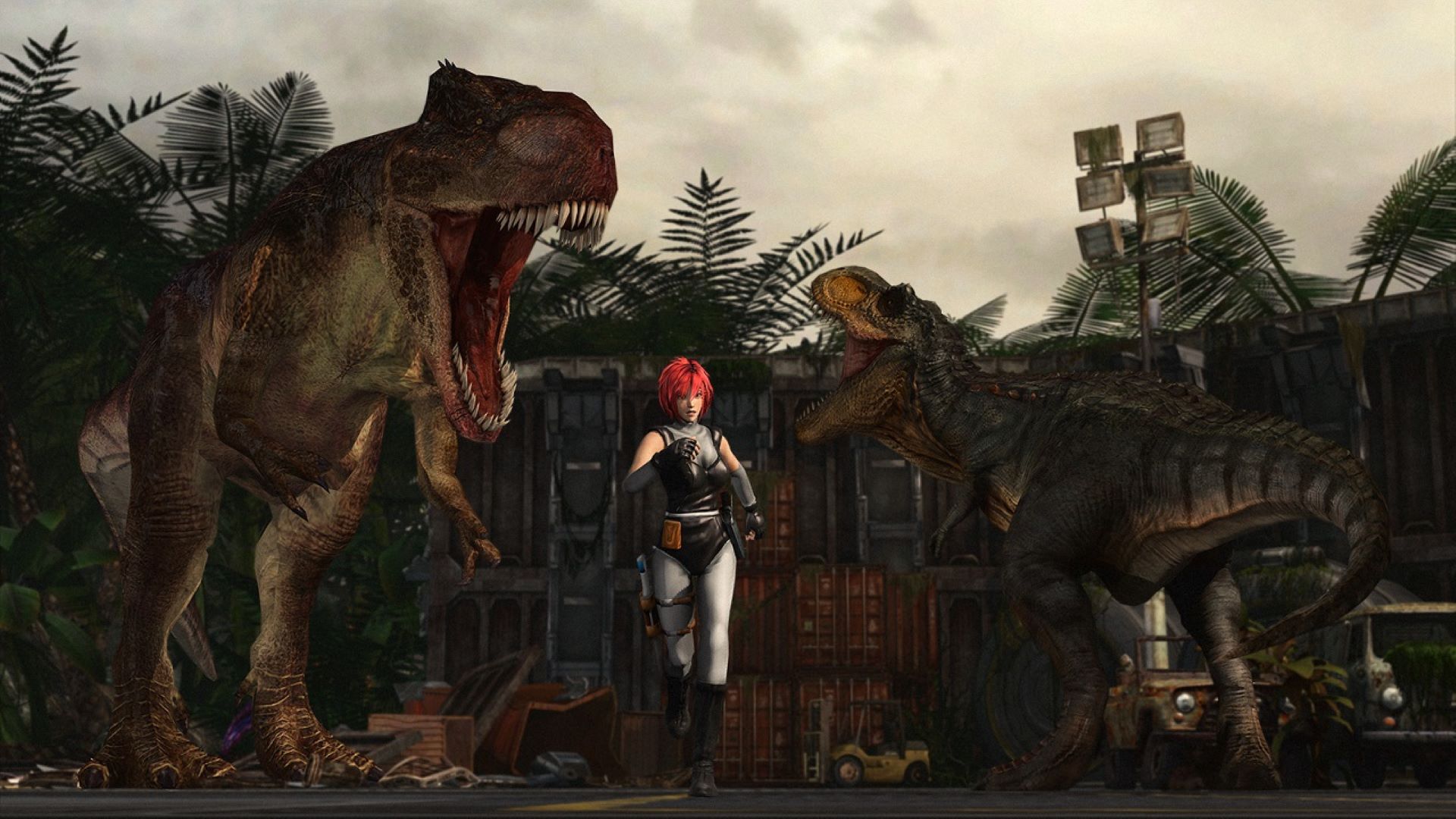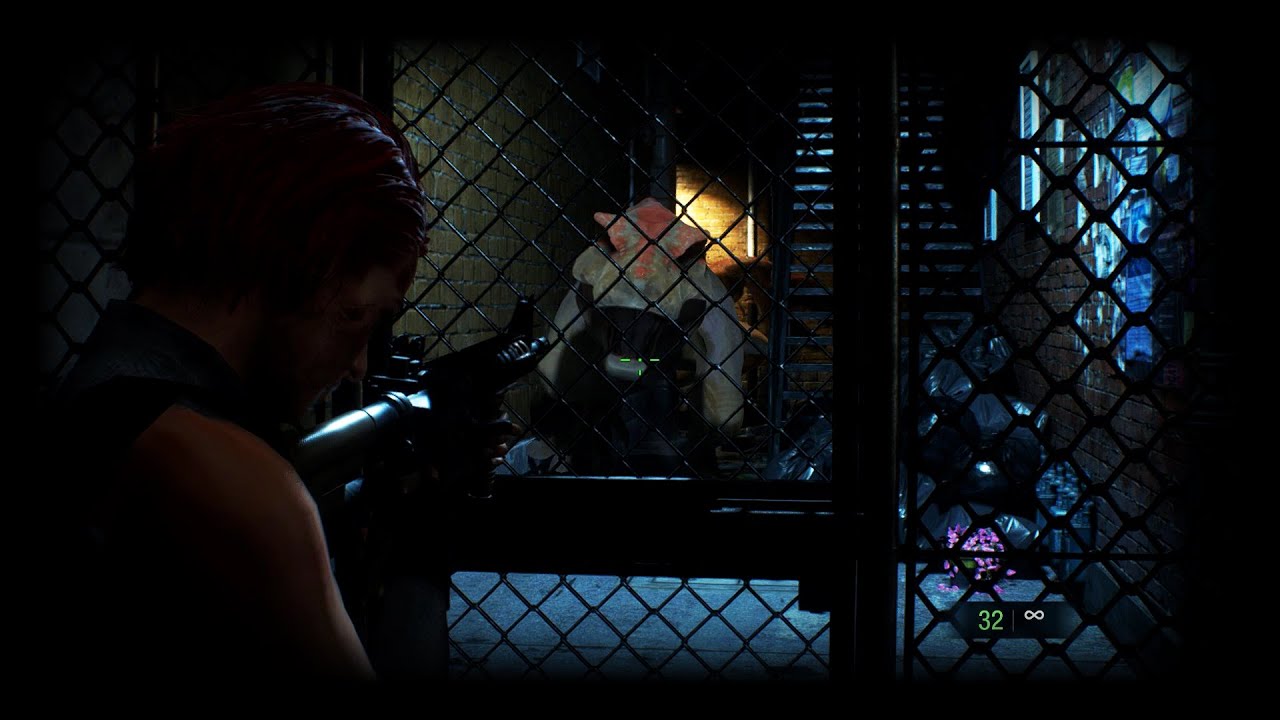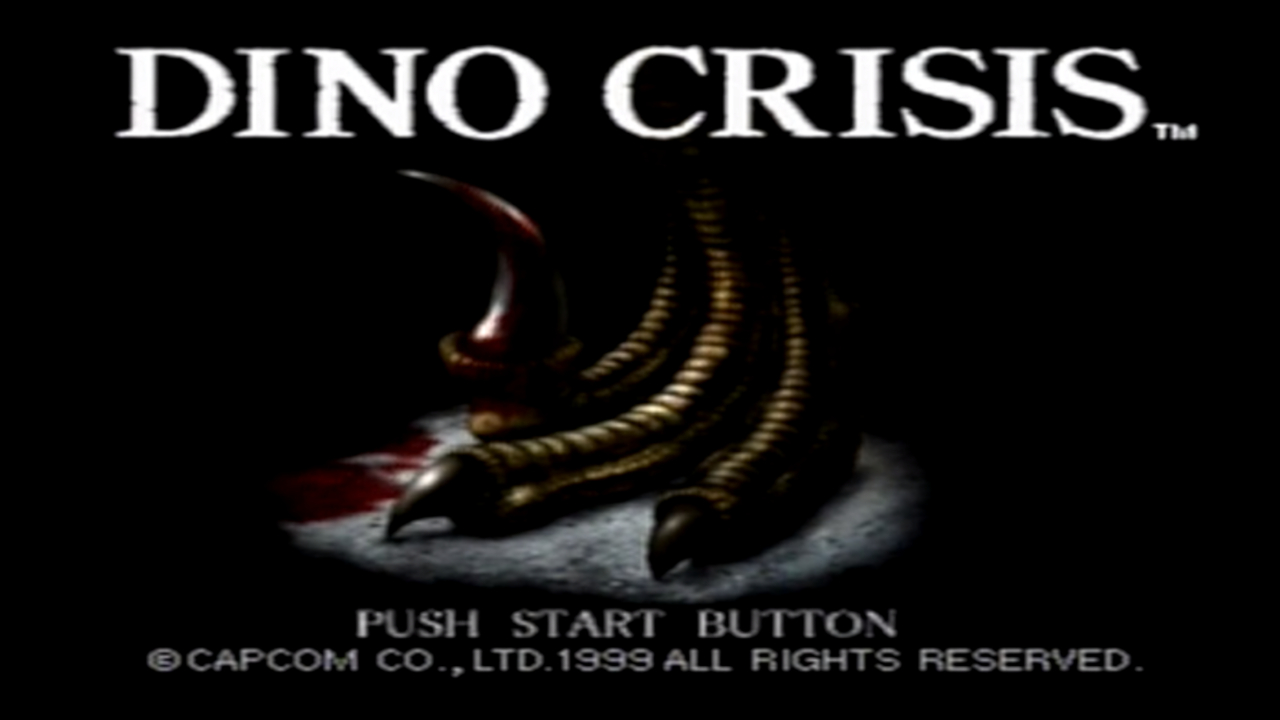
During its latest State of Play, Sony announced that it will soon be adding Dino Crisis to its PlayStation Plus Classics catalog. Arriving in 1999 at the intersection of both a post-Jurassic Park boom in dinosaur interest and a post-Resident Evil boom in the survival horror genre, Dino Crisis has become a PlayStation game that you’ve very likely heard about but probably haven’t played. But the Man vs Big Hungry Reptiles game is long due for a renaissance, even if it just comes in the form of a port.
Though Dino Crisis hasn’t seen an addition to its franchise in over twenty years, it doesn’t mean that its simple premise has lost its pulp sense of fun. When a special operations team is sent to a mysterious island to locate and retrieve a rogue scientist, they discover that most of the island’s human residents are dead and that the research facility has been overrun by Velociraptors and a persistent Tyrannosaurus Rex. Dino Crisis plays fast and loose with its science, and the reason as to why the dinosaurs are actually on the island - “Look, there was a rift in time and space, okay?” - is goofy in its matter-of-factness. But any narrative qualms are quickly soothed by its impeccable atmosphere and gory styling.
T (Rex) virus

If the game sounds a lot like “Resident Evil but with dinosaurs,” you’re not far off from how critics viewed the game back when it was originally released. Published by Capcom and helmed by Resident Evil director Shinji Mikami, the two games obviously share a similar horror vibe and a lot of the same elements. However, Capcom and Mikami were not intent on simply palette-swapping the thrills of Resident Evil with something scalier. Rather, it gave Mikami the chance to dive deeper into delivering new kinds of fear (What would make someone fear a dinosaur in a different way than a zombie?) and new ways that players could handle obstacles. It was a thoughtful approach to an idea that came pretty naturally to Mikami: “I just like dinosaurs.”
However, even though it diverged from Resident Evil in a few ways (most notably in the fact that the Velociraptors feel immediately relentless when compared to the trudging undead), Dino Crisis also includes aspects that modern players might find archaic. Most prominent are the infamous “tank controls,” a system that wasn’t just utilized by Resident Evil and Dino Crisis, but also showed up throughout the ‘90s in games like Tomb Raider and Silent Hill. They were an aesthetic favorite of Mikami, as he felt they made games scarier, but you’re certainly not remiss in thinking that they make properly positioning yourself in a dinosaur attack a little more frustrating.
Since its release, though, the original Dino Crisis (not to mention its handful of spinoffs and sequels) has been hard to find. It was released on Dreamcast and Windows in 2000, but aside from a PlayStation Network digital release in 2006 (and an aborted version for the Game Boy Color that sounds fascinating), it’s been, well, extinct. Even as its peers, like Resident Evil, were treated to a long line of both new games and remakes, Dino Crisis has spent multiple generations as more of a museum exhibit in the annals of video games than an actual, playable living thing.

And that’s a shame, as fans have let Capcom know numerous times. Especially when you consider the explosion of dinosaur games that have been released recently, from big studio efforts like the Jurassic World: Evolution park builders, to action survival games like Ark: Survival Evolved, to smaller (and often quite scary) titles like FossilFuel2 and the Unknown Tapes demo. Even Turok: Dinosaur Hunter (a franchise that has also seen its ups and downs) got a few re-releases in the past few years. To finally have Dino Crisis in there definitely makes this wave feel more complete.
This isn’t the total resurrection of Dino Crisis as a major brand, something that we likely won’t see until Capcom miraculously manages to produce a new title. Instead, it’s like the plot of the game itself, in which creatures from a lost age were transported via portal to a new one, one where many things had changed aside from the fact that – wherever they are – dinosaurs are viciously effective. With this port, those who have considered Dino Crisis to be as fossilized as its contents will get to find out just why so many people have been carrying a torch for it all these years.
Because the atmosphere of Dino Crisis is unshakable, and it lends to an experience that combines both camp and unwavering dread. Its cramped corridors, tense sequences and bloodthirsty menagerie work just as well as they did when it was first released. So if you’re looking to be chased by a Tyrannosaurus Rex, you won’t find any better than Dino Crisis.
Feeling retro? Here are the best PS1 games to check out.








